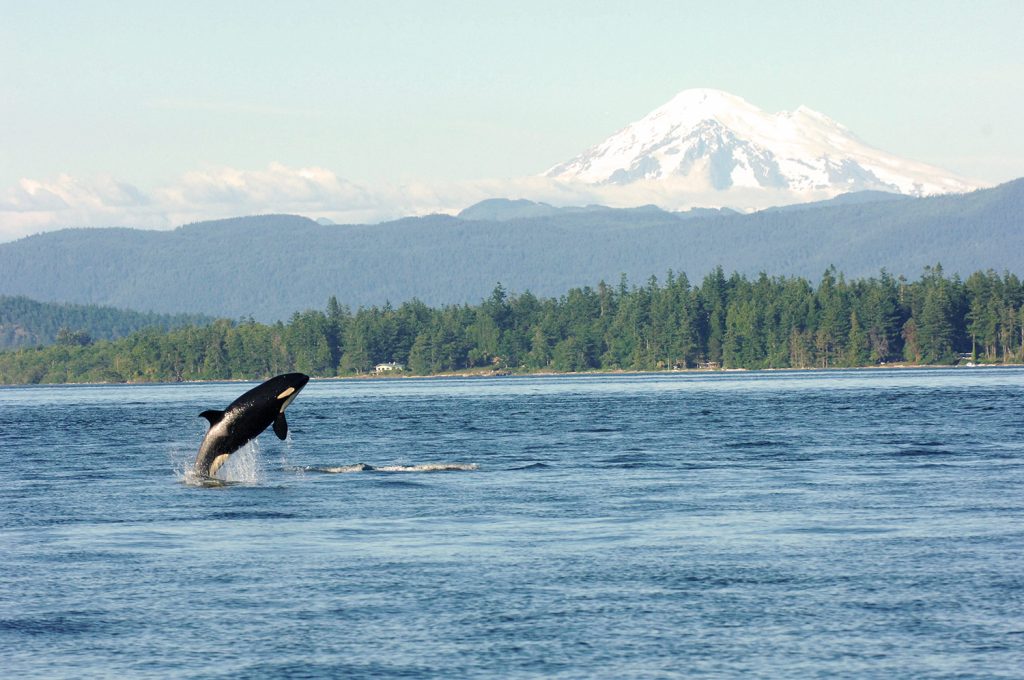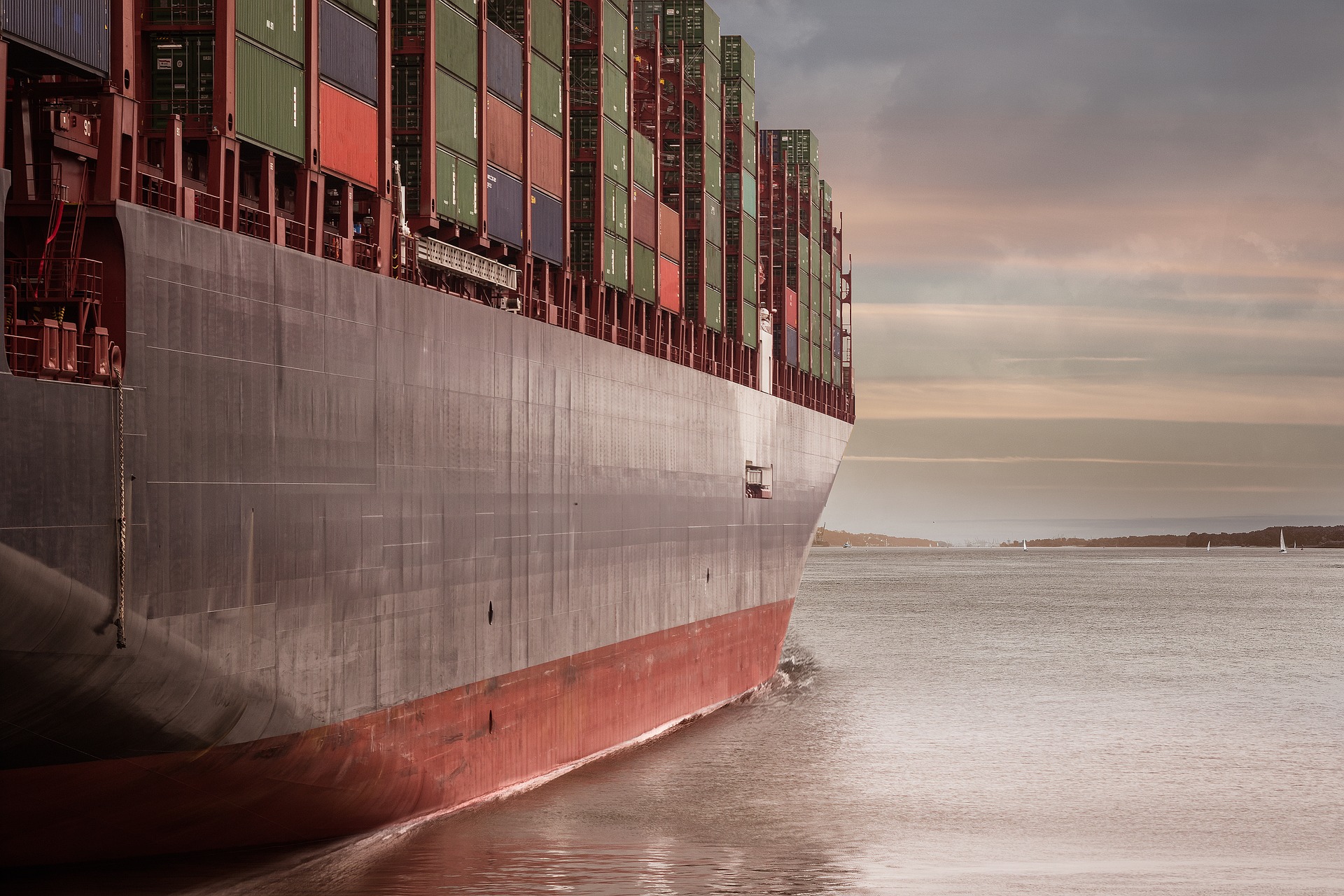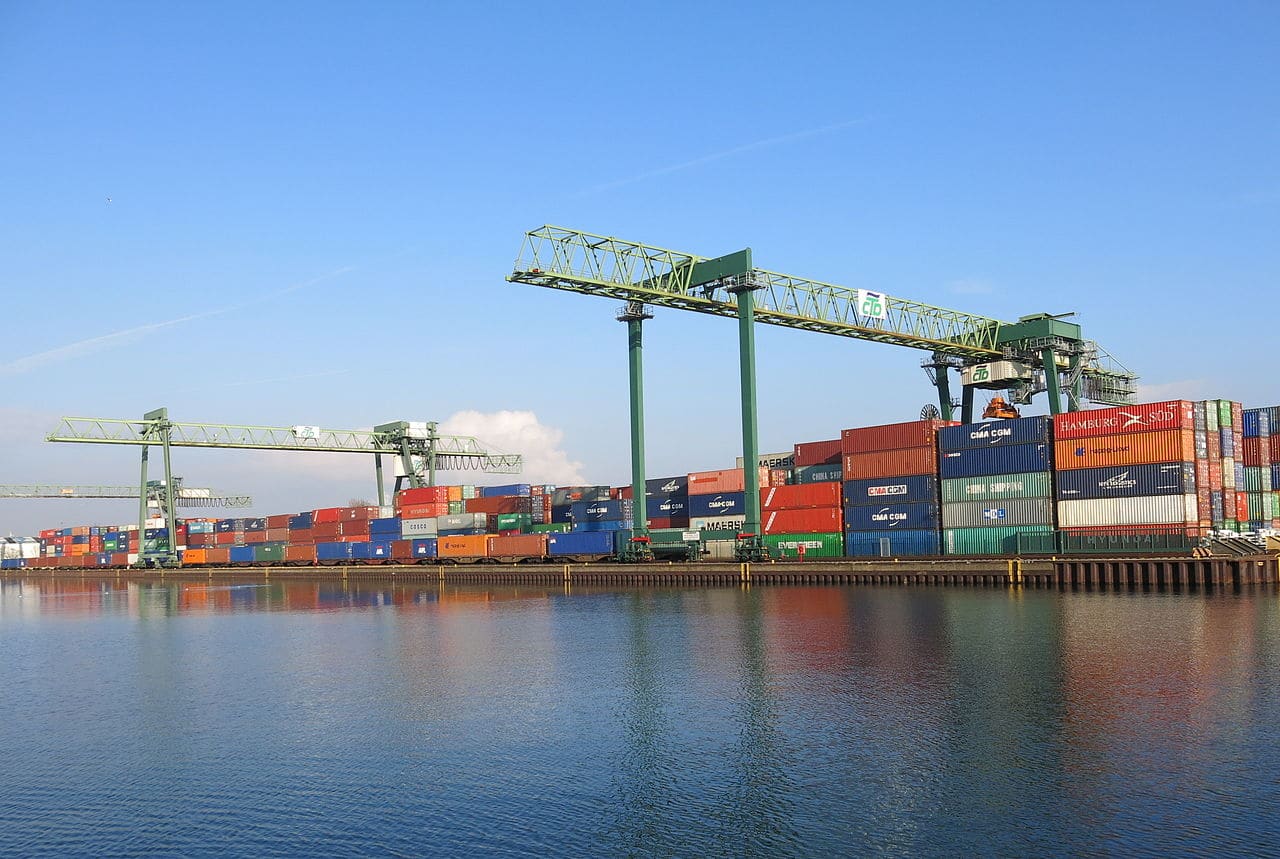Shipping
The amount of air pollution produced by ocean-going vessels is staggering. These large, ocean-going ships operate on diesel engines the size of a single-family home, and most burn “bunker” fuel, which is cheap, but much more polluting and climate-warming than fuels used to power vehicles. Bunker fuel contains high concentrations of toxic compounds banned from use in most other industrial and consumer applications.
As global trade increases, global shipping is expected to double within the next decade, bringing shipping pollution to new highs. EPA estimates that emissions from ocean-going vessels will double their contributions to the national mobile source inventory of sulfur oxides and quadruple particulate matter — both of which are major health threats. Increased ship emissions not only degrade air quality, but also contribute to global warming, ocean acidification and eutrophication of waterways.
Friends of the Earth works at the local and state levels to strengthen port regulations to protect local communities and waters, to enact health-protective national and international shipping standards, and to achieve global warming reductions from ocean-going vessels in order to attain pollution reductions worldwide.
-
Oceans Tell EPA to address the plastic crisis nowTAKE ACTION
-
Oceans Tell Carnival to put people over profitsTAKE ACTION

Five years of environmental activism will clean the state’s waterways, protect public health, and boost local economy. This is a major win for both Washington and our planet.
WASHINGTON — The Center for Biological Diversity and Friends of the Earth sued the Environmental Protection Agency today for failing to finalize nationwide standards that would protect U.S. waterways from harmful vessel discharges. Today’s lawsuit notes that discharges of vessel ballast water originating thousands of miles away can carry invasive…
These new measures will give Southern Resident orcas and other marine mammals a better chance of survival in the Pacific Northwest.
WASHINGTON — The Center for Biological Diversity and Friends of the Earth filed a notice of intent today to sue the Environmental Protection Agency for failing to finalize nationwide standards to protect U.S. waterways from harmful vessel discharges. These discharges carry invasive species, pathogens and other…

Ports serve as crucial nodes in the global trade network. Transportation is the leading source of greenhouse gas emissions in the U.S. Although medium- and heavy-duty trucks used at ports and along freight corridors account for about only Read More

by Katie Chicojay-Moore, Oceans and Vessels Fellow
Air pollution from large container ports has been a historically neglected environmental justice issue. Near-port communities tend to be communities of color, low-income, or otherwise disadvantaged and are disproportionately exposed to pollutants. While there have been significant efforts to reduce emissions from…

The environmental damage - let alone the lives lost - from an oil tanker collision, grounding, or sinking because of a hurricane would be catastrophic.
-
DownloadOil Tanker Info Sheet
-
DownloadNorthwest Campaign Info Sheet
-
Learn MoreTar sands/Dilbit Crude Oil Movements Within the Salish Sea
